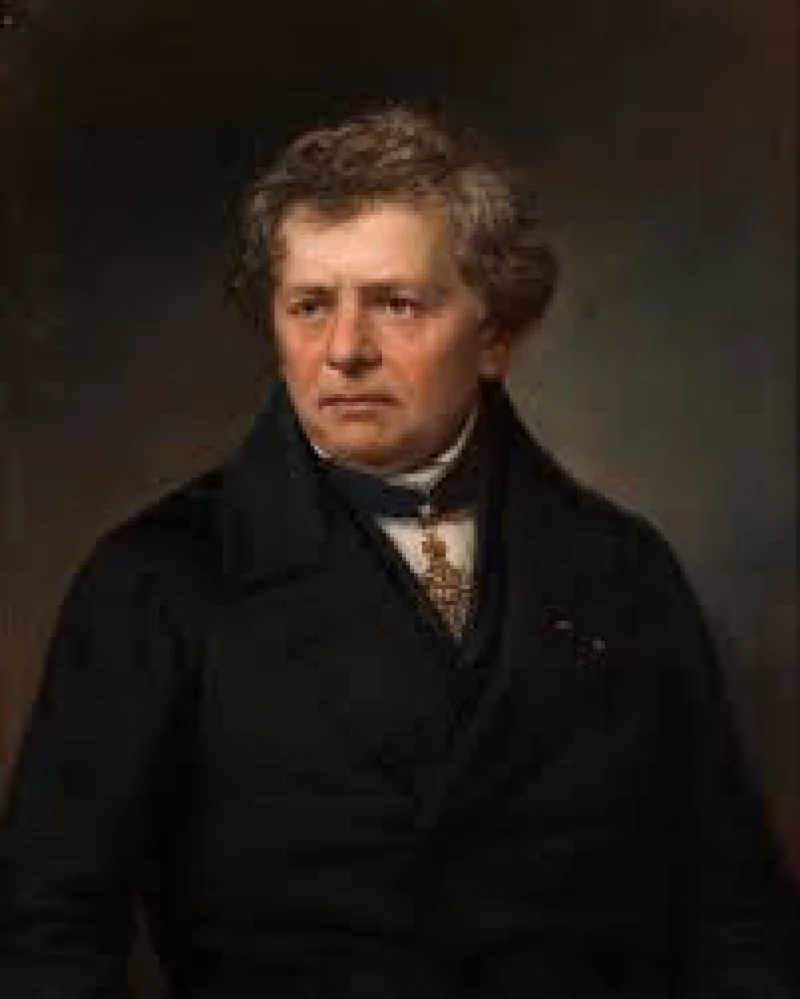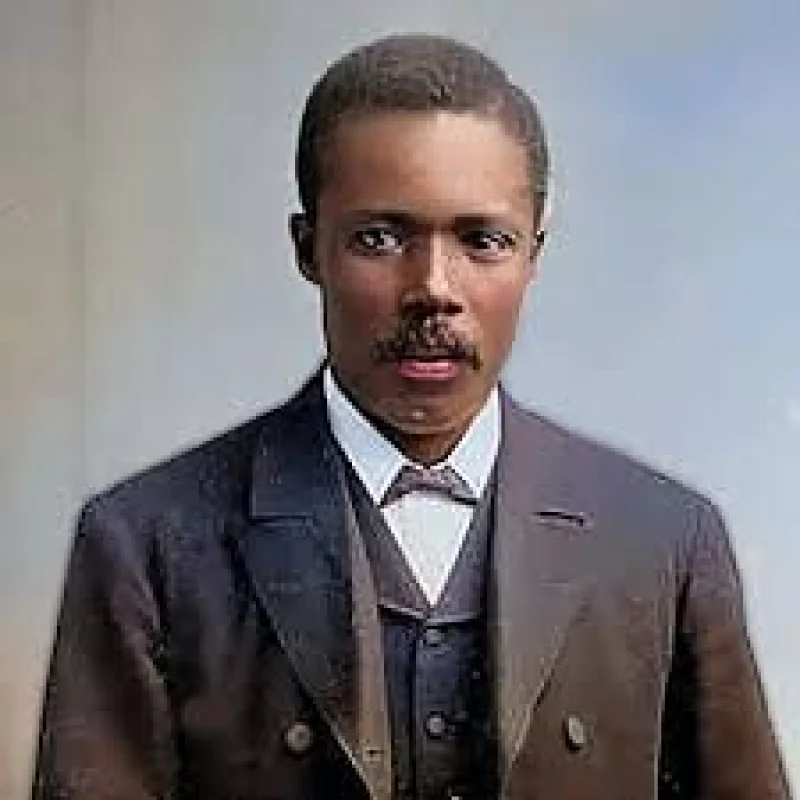Short Summary
Georges-Louis Leclerc, Comte de Buffon, was a renowned French naturalist, mathematician, cosmologist, and author whose work greatly influenced the fields of natural history and biology in the 18th century. He is best known for his extensive series, "Histoire Naturelle," which sought to document the entirety of the natural world. Buffon's ideas on species adaptation and evolution paved the way for future scientists like Charles Darwin. His ability to combine science and literature made his writings accessible, earning him a lasting place in the annals of scientific history.
Early Life & Education
Georges-Louis Leclerc was born on September 7, 1707, in Montbard, Burgundy, France, to a wealthy family. His father, Benjamin Leclerc, was a local official, which afforded Georges-Louis the opportunity for an excellent education. He attended the College of Godrans in Dijon and later studied law at the University of Dijon. However, his interests soon shifted to mathematics and the natural sciences. In 1731, he inherited a substantial fortune from his mother, which allowed him to pursue his scientific interests without financial constraints. This independence was crucial in shaping his future scholarly pursuits.
Career Highlights
Buffon's career took a definitive turn when he was appointed as the keeper of the Jardin du Roi, the royal botanical garden in Paris, in 1739. This position granted him the resources and platform to embark on his monumental work, "Histoire Naturelle." Published in 36 volumes between 1749 and 1788, this work sought to provide a comprehensive account of the natural world, covering topics from minerals to animals. Buffon was an advocate for the idea that species could undergo transformation over time, an early notion of evolution. His writing style, which combined scientific rigor with literary flair, helped popularize the study of natural history.
Major Achievements
- Authored "Histoire Naturelle," a 36-volume series that laid foundational ideas in natural history.
- Proposed the concept of species adaptation, challenging the static view of the natural world.
- Revolutionized the Jardin du Roi, turning it into a center for scientific study and public education.
- Introduced the concept of geological time, suggesting the Earth was older than previously believed.
Famous Quotes
- "Style is the man himself."
- "The discoveries of the human mind are chiefly due to the stimulus of a state of discomfort."
Interesting Facts
- Buffon was ennobled in 1773, becoming the Comte de Buffon.
- He was elected to the French Academy in 1753 due to his contributions to literature and science.
- Buffon’s "Histoire Naturelle" was so popular that it was translated into multiple languages.
- He is credited with coining the term "biogeography," the study of the distribution of species.
Legacy / Influence
Buffon's work laid the groundwork for future developments in the fields of biology and geology. His ideas on species adaptation and geological time influenced later thinkers such as Charles Darwin and Jean-Baptiste Lamarck. The comprehensive nature of his writings made them a crucial reference for naturalists and scientists, and his emphasis on empirical observation remains a cornerstone of scientific practice. Buffon's contributions continue to be celebrated for bridging the gap between science and literature.
FAQ
Q: Why is Georges-Louis Leclerc famous?
A: He is famous for his extensive work in natural history, particularly his series "Histoire Naturelle," which influenced later scientific thought on evolution and natural science.
Q: What was Buffon's role in the Jardin du Roi?
A: He served as the keeper of the Jardin du Roi, transforming it into a leading center for scientific research and education.
Q: What is one of Buffon's lasting contributions to science?
A: One of his lasting contributions is the idea that species can change over time, which was a precursor to the theory of evolution.












